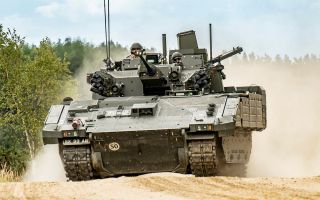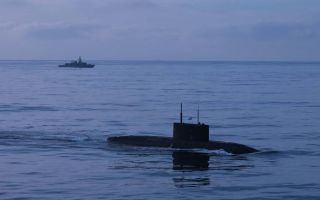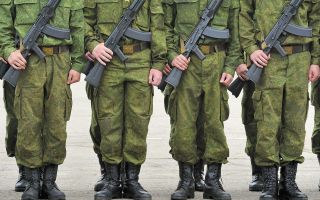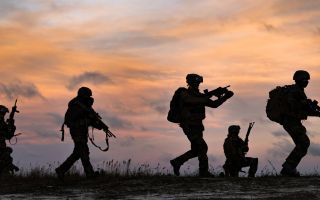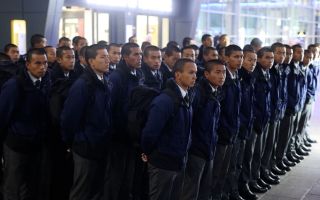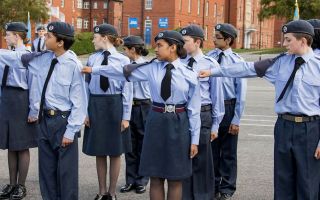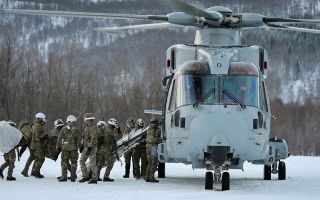RAF Deployments Leave Personnel's Children 'Anxious' And 'Worried'
New research by the RAF Benevolent Fund suggests children of Royal Air Force personnel risk being left feeling "worried" and "anxious" due to deployments.
The welfare charity interviewed 95 RAF children from around the UK in order to conduct the study asking each about their thoughts and feelings and how they have been affected since the deployments.
The study, 'Growing Up In The RAF', reveals children take pride in their parents' profession, but that life in a forces family can bring "added stresses", relating to long deployments and frequent moves.
It suggests there are positives, such as offering "children opportunities that they would not otherwise have had", but adds: "Having a parent in the RAF can also be sad, hard and worrying for children and young people."
"Deployment can make children anxious about their parents’ health and safety," it continues.
"It can also put more stress on the at-home parent, resulting in additional responsibilities for children and young people.
"Frequent postings can mean having to adjust to new surroundings and leaving friends behind."
The RAF Benevolent Fund already spends £1.4m a year on its children's outreach programme, Airplay.
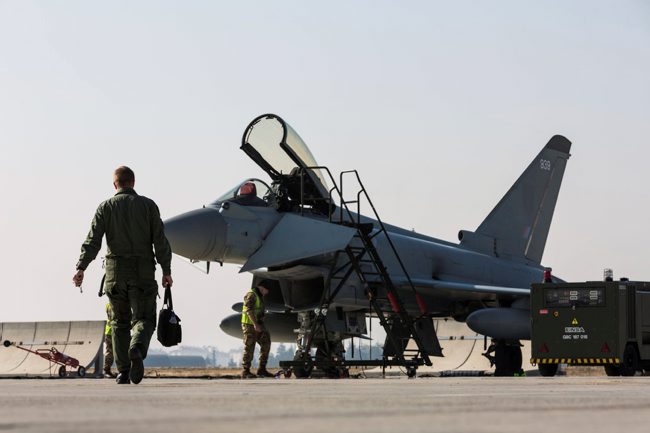
In response, the Benevolent Fund plans to extend its counselling and support services and will also share its findings with schools and other support networks.
Dr Hannah Brooking, lead researcher at the RAF Benevolent Fund, says the charity is proud to be the first to focus entirely on children in this way.
"We know there are 34,000 estimated children/young people in the RAF family and at the time we were getting increased calls to the fund's counselling service for support for children and young people and it's thought that one in eight five to 19-year-olds will have a mental health disorder.
"So all this, coupled with the fund's priority to improve mental wellbeing of the RAF family, that's really why we decided to do the research."
The RAF Benevolent Fund is also sharing the findings with the Royal Air Force, and they have asked for the RAF to review the deployment information they currently provide to personnel and their families.
Dr Brooking says clear communication with the RAF is now what's required to further help the young people affected.
"I think we need to be transparent about it and I think the findings of this research can help us to do that especially as it's coming from the children and young people themselves.
"This is their voice, this is their experiences, this is what they go through, so building that into any advice that's given to personnel would be really, really helpful."

